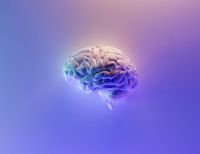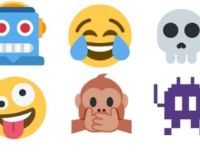
Dr Llew Mills, a Senior Research Associate at the School of Addiction Medicine.
“A convincing cup of decaf has the power to reduce withdrawal symptoms a lot when the person drinking it is unaware it’s decaf. But our study suggests that even if they are aware it’s decaf, their withdrawal still subsides,” Dr Mills said.
For the study, 61 heavy coffee drinkers, who consume three or more cups a day, went without caffeine for 24 hours and had their withdrawal measured.
They were then separated into three groups. Two groups were given decaf, with one told truthfully it was drinking decaf and the other deceived into thinking it was regular coffee. The third group, a control, was given water.
Three-quarters of an hour later, all participants were asked to rate their withdrawal symptoms again.
“The group we lied to reported a big drop in caffeine withdrawal even though there’s no pharmacological reason why it should. Because they expected their withdrawal to go down, it did go down,” Dr Mills said.
“In other words, a placebo effect. We’ve found this in several studies now.
“What was interesting in this new study is that withdrawal symptoms also reduced even when people knew they were getting decaf. Not as much as the group we lied to, but a significant amount.”
This type of reaction is known as an open-label placebo effect, an effect that occurs even when you know you are getting a placebo.
Before they were given their beverages, participants were asked to rate how much they would expect various drinks to reduce their caffeine withdrawal.
Unsurprisingly, people said they expected to experience the greatest reduction from caffeinated coffee. The ratings of expected withdrawal from decaf and water were more surprising.
“Funnily enough, they actually expected water to reduce their withdrawal more than decaf,” Dr Mills said.
“Withdrawal in the group we gave water to didn’t drop at all, whereas the people who were given decaf experienced a significant reduction.
“The reduction they experienced was contrary to what they expected would happen when they were given water and decaf.”














